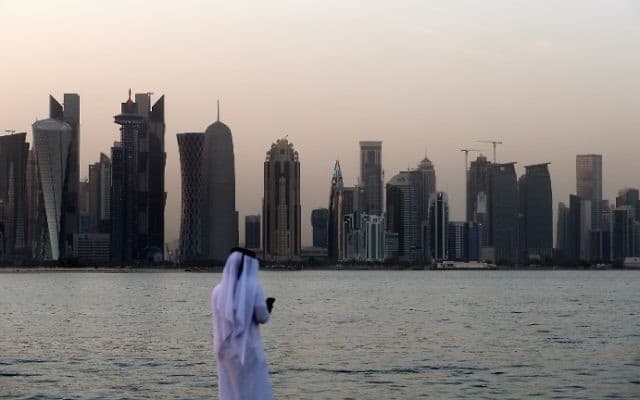Kuwait and Qatar face the greatest shortage of skilled workers in the Gulf, according to a new PwC report.
A survey of more than 1,500 employees conducted by PwC across the Middle East, revealed that 75 percent of respondents in Kuwait and 60 percent in Qatar said their country has a shortage of people with specialised skills.
In Saudi Arabia and the UAE, 58 percen and 46 percentt of respondents respectively said that there is a skilled labour shortage.
Employers are seeking employees with specialized skills rather than general skills and taking measures to retain them. In PwC’s survey, 38 percent of respondents across the Middle East said their companies had increased salaries as a strategy to retain skilled talent.
“This may reflect the increasing tendency of employers, especially in Saudi Arabia and the UAE, to raise salaries rather than hire scarce and therefore expensive foreign talent to address skills and labour shortages,” PwC said in its report.
The companies are also upskilling their staff and automating work via technology.
The region is beset with another problem: the proportion of workers likely to quit their jobs in the region is higher than the global average of 19 percent.








